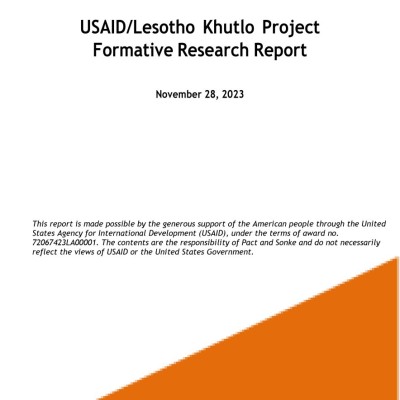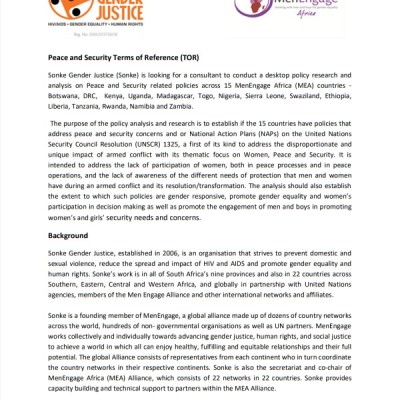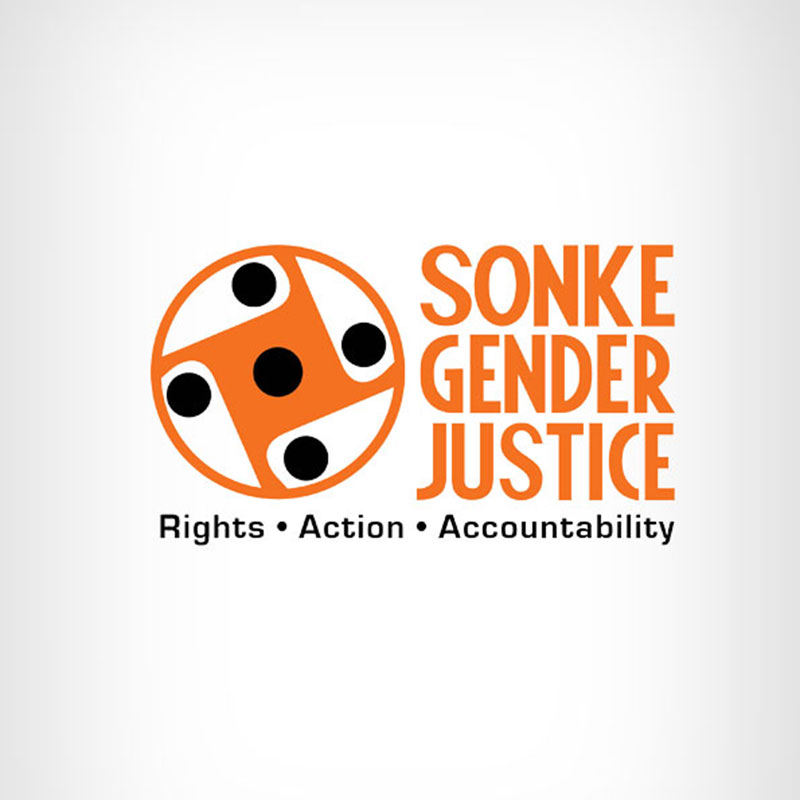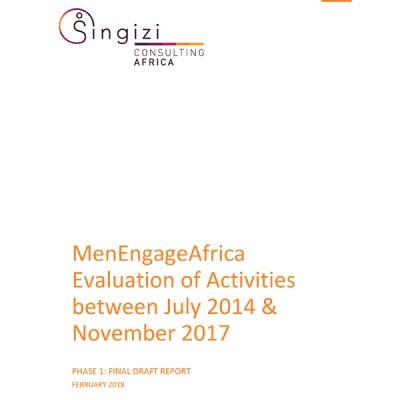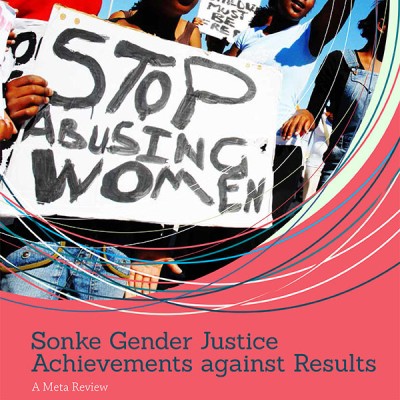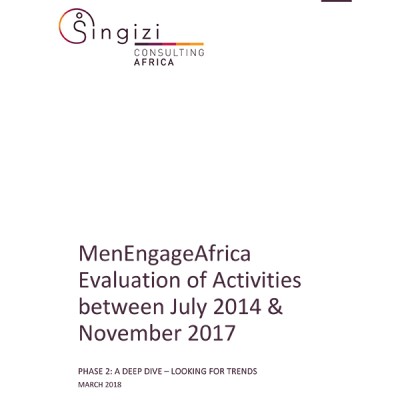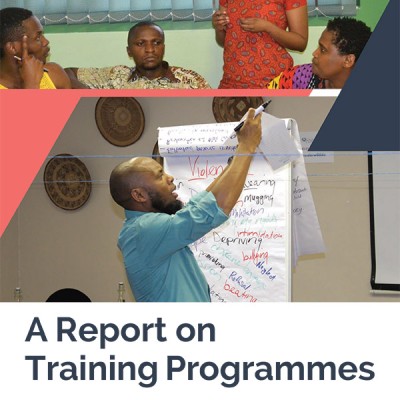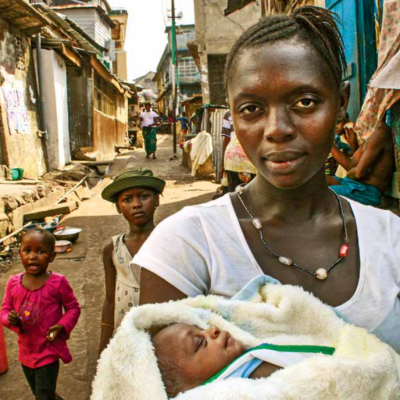We have partnered with the University of North Carolina Chapel Hill, the University of California San Francisco and Wits University School of Public Health since 2011. Together, we have worked on two cluster randomised control trials (RCT), evaluating the impact of our One Man Can community mobilisation model on improving HIV and GBV outcomes in Bushbuckridge, a rural area of Mpumalanga, South Africa.
The first study completed in 2014, sought to engage young men 18 to 35 years through a variety of community mobilisation approaches to increase their support for girls and women’s rights and decrease men’s unsafe sexual practices, especially those that increase girls’ and young women’s vulnerability to HIV infection. Using quantitative and qualitative research methods, our findings indicate HIV testing uptake was associated with community mobilisation in communities receiving OMC activities compared to communities that did not.
In addition, the data shows significant attitudinal and some behavioural changes around gender and HIV risk amongst OMC community mobilisers, community action team (CAT) members, and community members exposed to the intervention.
Tsima, a RCT study, which began in 2015 extends the OMC community mobilisation intervention model to mobilise men and women to use HIV treatment as a way of preventing HIV infection in Bushbuckridge, Mpumalanga.

